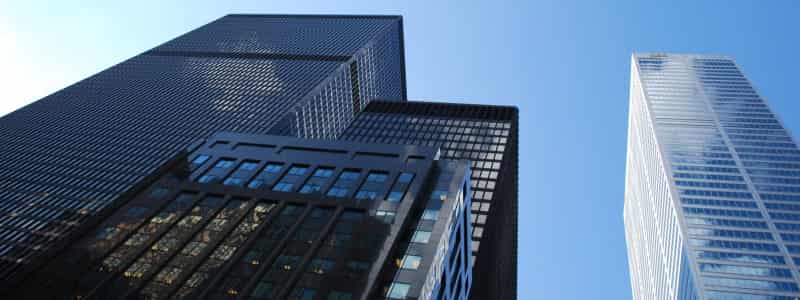Dominic is the CEO of Lawpath, dedicating his days to making legal easier, faster and more accessible to businesses. Dominic is a recognised thought-leader in Australian legal disruption, and was recognised as a winner of the Australian Legal Innovation Index and recently a winner of the LexisNexis 40 Under 40 (APAC).
Tuesday 13 October 2015
Jeffrey McCloy was the Lord Mayor of Newcastle between 2012 and 2014, and was thrust into the spotlight when he was found by the Independent Commission Against Corruption to have given over $30,000 in secret donations to Liberal candidates before the last election.
Mr McCloy applied to the High Court to challenge the law in NSW that bans developer donations to political parties, and the High Court delivered its decision on the 7th of October.
Here is what you need to know:
1. Implied freedom and purpose
Australians have an implied constitutional freedom of communication on governmental and political matters. Protecting this freedom aids in making the government responsive to the needs and wishes of the people, especially important in a representative democracy.
The overall purpose of the Election Funding, Expenditure and Disclosures Act 1981 (NSW) is to secure and promote the integrity of government of New South Wales, seeking to prevent corruption and situations where a person can exercise power over the government by refilling their ‘war chest’ with money.
2. Unfair to property developers?
Mr McCloy (and the other parties challenging the law) submit that paying money to secure access to a politician is an aspect of the freedom, and should be protected by the Constitution. Further, the challengers claim while the commercial interests of property development is affected by public power (e.g. zoning approvals), they aren’t any more prone to corruption that anyone else.
3. NSW law is valid
The NSW law banning a property developer from making political donations or a political party from accepting a political donation from a property developer is held to be valid.
In the case of property developers being banned from making political donations, the court held the ban does not affect the right to communicate matters of politics or government with another person. While not allowing donations may affect the reach of the political party (e.g. less money to spend on marketing) and burden the freedom, the removal of any potential perception of corruption is more beneficial.
Further, by placing caps on donations, it means the political parties have to appeal to a wider range of people to get money, which in fact enhances the freedom to communicate about governmental and political matters, while lessening the chance of a particular group buying political influence.
Want to know more? Feel free to have a chat with us on 1800 LAWPATH and/or tagging us @lawpath and/or #lawpath.







